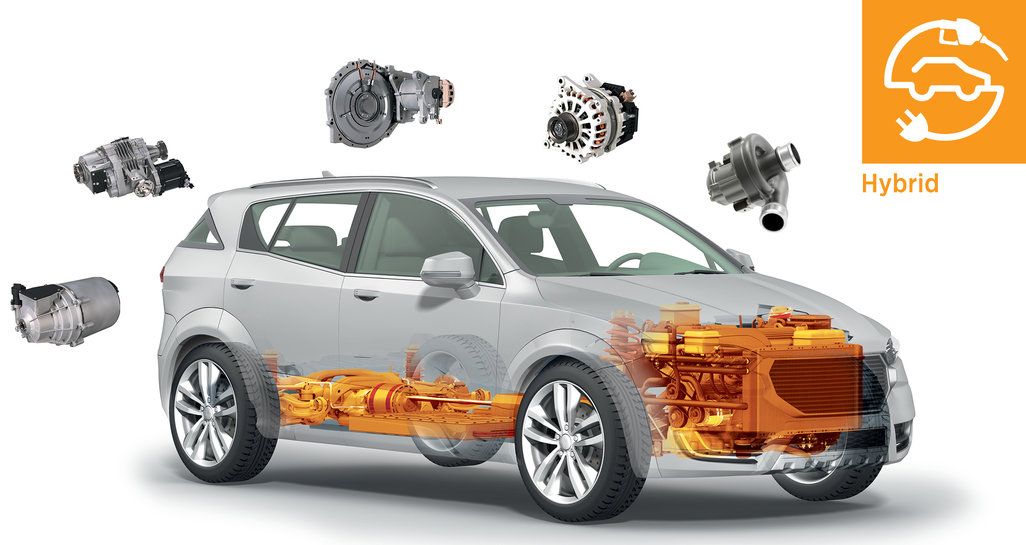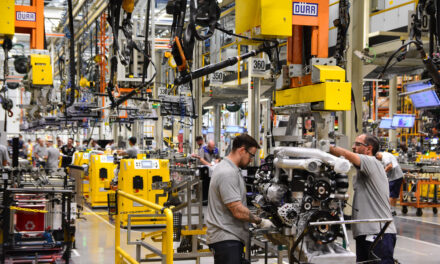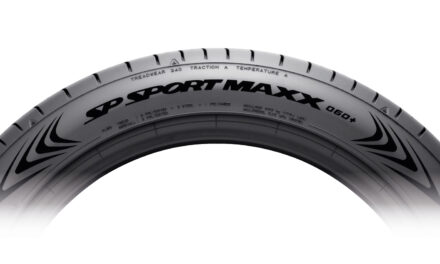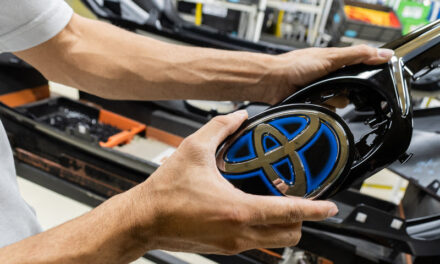By Redação AutoIndústria | 8/17/23 | Translated by Jorge Meditsch
Combustion engines will keep an important role in national vehicle production, but electrification should increasingly grow in the next five to ten years.
This convivence is seen by 83% of parts, components and systems suppliers heard in a study by the Boston Consulting Group (BCG)) with Anfavea and Sindipeças.
BCG interviewed 65 sector companies, 23 with a yearly income of over R$ 300 million. This plausible scenario made 34% of them manifest that they are ready even for the growth of fully electric vehicle demand.
Nonetheless, the hybrid drive should initially be the local manufacturers’ development and production focus, according to 30% of the suppliers heard.
Even though 28% see an opportunity for the country to become a combustion engine parts and components export center, as in many markets, hybrid electrification should be equal to or even slower than battery electrics.
“We must live with different technologies in parallel while advancing the electrification process in Brazil. Brazil is part of the global supply chain and shall reflect on its opportunities and challenges at this technological transition moment”, said Masao Ukon, BCG’s partner and executive director.
Only 30% of the companies heard believe the supply basis will adapt fastly enough to industry needs to not the transition to electric fleets, while 66% say it may happen.
The study also points to some risks considered by autoparts companies for the next few years, such as the lack of demand previsibility, low competitiveness in the international market and low investment capacity.
“In Brazil, suppliers will have more time to adapt their portfolios and local production capacity to meet the new electrified vehicles technological trends. Nonetheless, due to the sector’s long development time (5 to 10 years), there is already a need for strategic decision making”, analysis Juan Sanchez, BCG’s partner.
The poll shows that 44% of the interviewed believe they must diversify their portfolios to cover new electrified vehicle technologies, and only 13% said they intend to maintain their current portfolio, even if focused on combustion engines.










